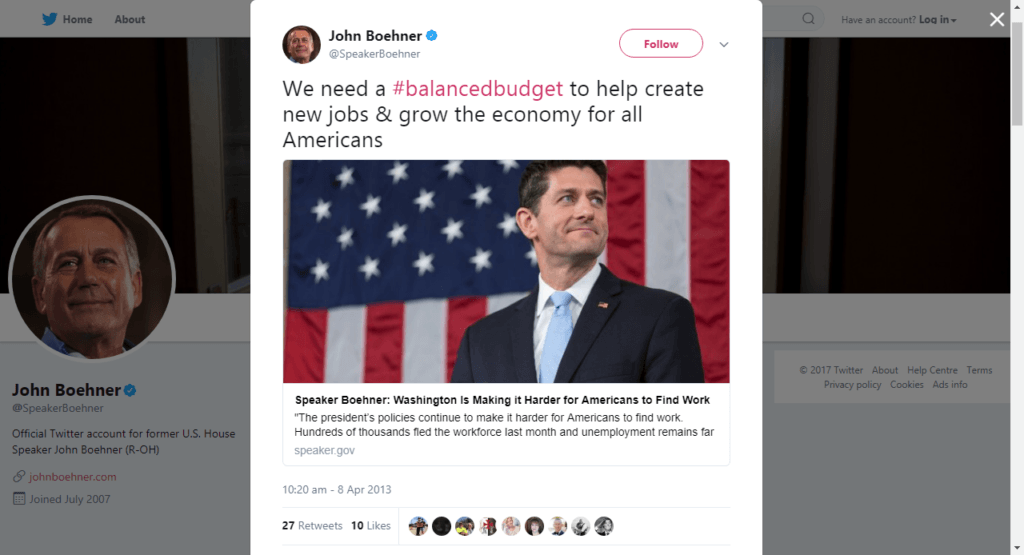Eine neue wissenschaftliche Wahrheit pflegt sich nicht in der Weise durchzusetzen, daß ihre Gegner überzeugt werden und sich als belehrt erklären, sondern vielmehr dadurch, daß ihre Gegner allmählich aussterben und daß die heranwachsende Generation von vornherein mit der Wahrheit vertraut gemacht ist.
Translation: A new scientific truth does not triumph by convincing its opponents and making them see the light, but rather because its opponents eventually die, and a new generation grows up that is familiar with it.
– Max Planck.
The variant of this is “Science advances one funeral at a time.”
Margaret Thatcher passed away today but Thatcherism still survives and dominates policy debates. So perhaps Max Planck doesn’t seem to apply to economics yet in a straightforward way.
The best opposition to Thatcherism came from Cambridge. In a small book based on speeches in the House of Lords (1979-1982) The Economic Consequences Of Mrs Thatcher and devoted entirely to pin-pointing the fundamental errors of Thatcherism, Nicholas Kaldor wrote in this in a chapter titled The Economics of the Primitive (18.3.81), page 83:
The belief that public expenditure must be cut in order to balance the budget, which is clearly held passionately by Mrs Thatcher and her immediate associates, derives from an anthropomorphic conception of economics. Primitive religions are anthropomorphic. They believe in gods which resemble human beings in physical shape and character. Mrs Thatcher’s economics is anthropomorphic, in that she believes in applying to the national economy the same principles and rules of conduct as have been found appropriate to a single individual or a family – paying your way, trimming your expenditure to fit your earnings, avoiding living beyond your means and avoiding getting into debt. These are well-worn principles of prudent conduct for an individual but when applied to policy prescriptions to a national economy they lead to absurdities.
If an individual cuts his expenditure he will not thereby reduce his income. However, if a Government cut their public expenditure programme in relation to tax rates and charges, they will reduce the total spending in the economy and hence the total production and income. It will reduce the revenue yielded by existing taxes and it will cause public expenditure on unemployment benefits and on the support of firms in trouble, and other similar items, to rise. It is a policy that is appropriate only in times of excess demand and over-full employment, as was the case with Crippsian austerity after the war. At a time like now, with 2½ million unemployed, far from being a recipe for prudent housekeeping and future prosperity it is a recipe for ruin. To keep tightening the budget in the hope of ‘balancing the books’ is to keep reducing the output and income of the nation and hence to fail to balance the books as tax yields shrink and expenditures to support the disintegrating economy increase.
The word “prudent” still survives to this day and perhaps heard more often, in politicians’ and central bankers’ speeches, research reports of financial markets’ “experts” and in the media and in rating agencies pressuring government to tighten fiscal policy.
Update: Here is John Boehner repeating Thatcherism on Twitter:
click to view on Twitter
